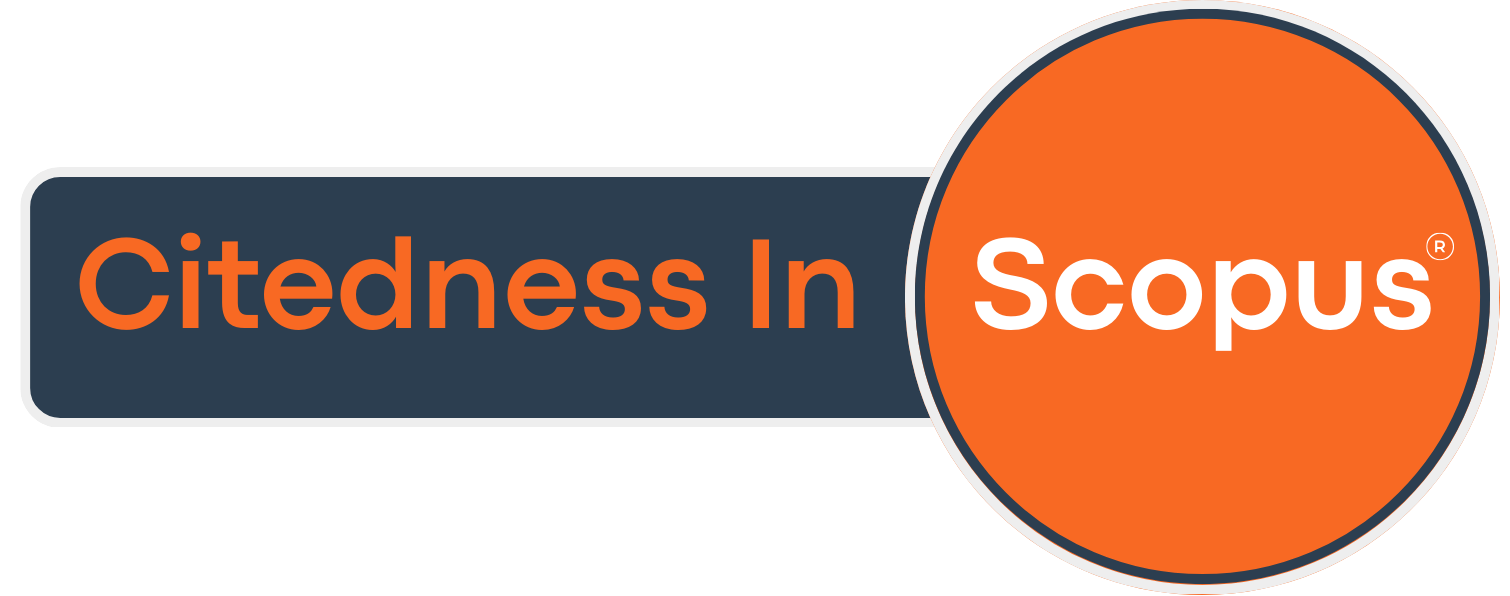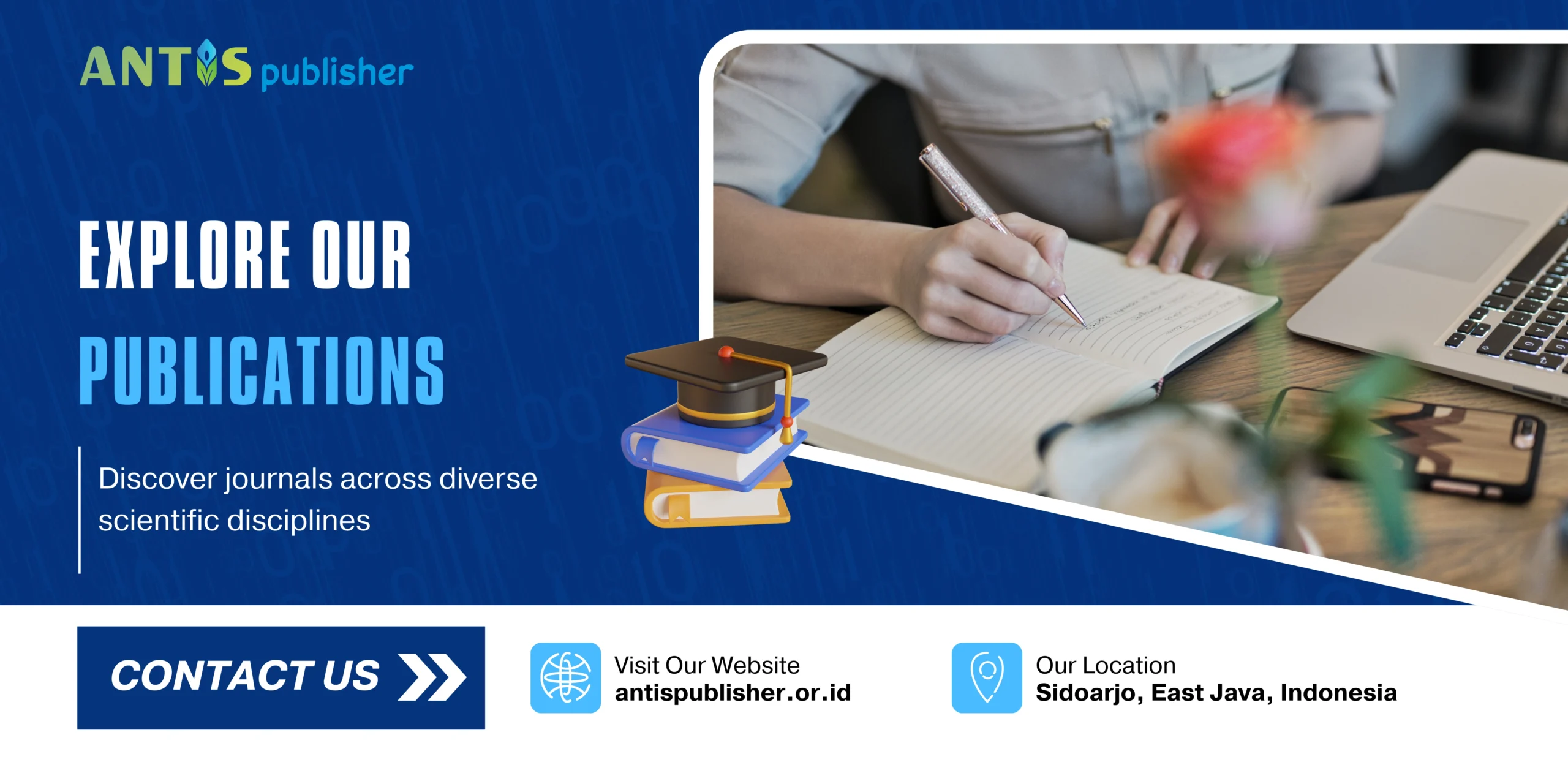THE ROLE OF CREATIVE WRITERS IN THE INTEGRATION OF THE CULTURAL FIELD IN THE NEW UZBEKISTAN
Downloads
Objective: This article investigates the contributions of creative intellectuals in Uzbekistan during the years of independence, focusing on their work in higher education, historical research, and responses to globalization challenges. Methods: Using a qualitative approach, this study examines policy transformations, intellectual achievements, and institutional reforms in education, emphasizing the shift from authoritarian ideologies to democratic principles. Results: Findings reveal that educational and cultural reforms in Uzbekistan have fostered an environment supportive of intellectual freedom, where state institutions increasingly prioritize public service and human development. Additionally, creative intellectuals’ involvement in international collaborations has expanded, leading to greater cultural exchange and global visibility. Novelty: This study highlights the significant departure from Soviet-influenced historiography toward an objective, historically accurate framework for understanding Uzbekistan’s past. Educational materials, now free from ideological biases, have become tools for nurturing well-rounded individuals, reflecting Uzbekistan's progress in establishing a democratic, citizen-focused state.
Materials of the 15th Traditional Republican Scientific-Practical Conference of Young Scientists, Doctoral Students, Master's Students, and Students on the Topic "Use of Innovative Technologies in the Integration of Education, Science, and Production - An Important Factor of the Country's Development." Samarkand: SamDAQI, 2018, p. 325.
O. K. Abdurakhmanov, Integration of Science, Education and Production. Tashkent: Science and Technology, 2014, p. 228.
Uzbekistan. "Overview of the Higher Education System," Erasmus+, Feb. 2016. Available: http://eacea.ec.europa.eu/education/Eurydice/eurypedia_en.php.
B. Siddikov, "Trends and Problems of the Development of Higher Education in Uzbekistan During Globalization (1991-2016)," Looking Back, no. 8, p. 85, Tashkent, 2020.
O. K. Abdurakhmanov, Integration of Science, Education and Production. Tashkent: Science and Technology, 2014, p. 6.
"Decision PQ-4688 of April 21, 2020, of the President of the Republic of Uzbekistan 'On Measures to Further Increase the Efficiency of the Field of Fine and Applied Arts,'" National Database of Legal Documents, Apr. 22, 2020, No. 07/20/4688/0475.
Copyright (c) 2024 Bokiyev Baxrom Uktamovich

This work is licensed under a Creative Commons Attribution 4.0 International License.




















